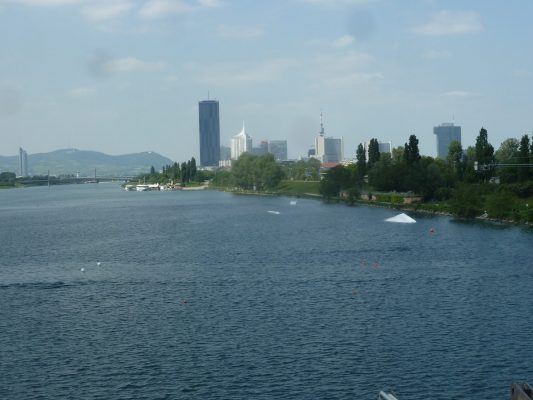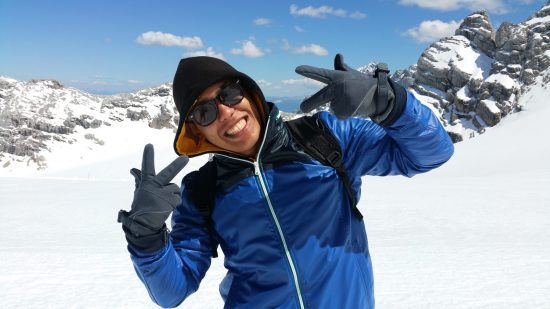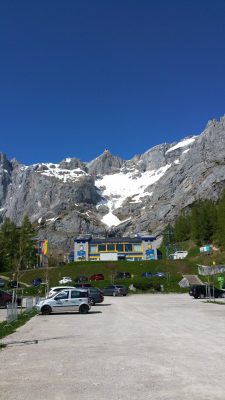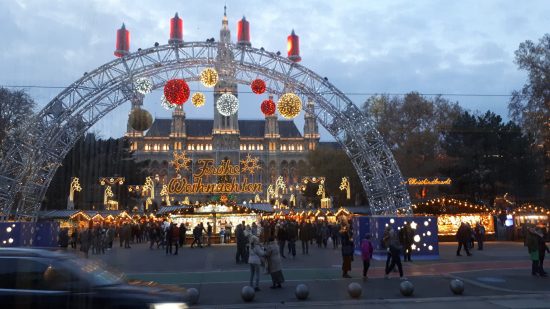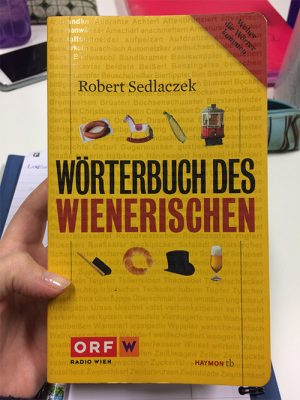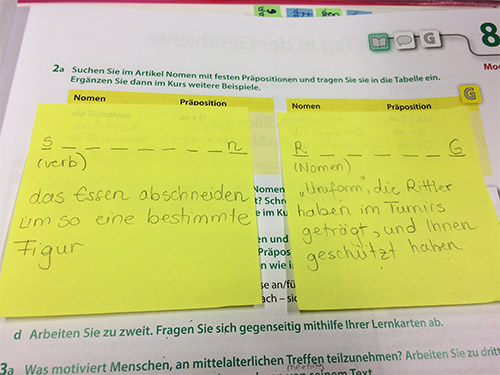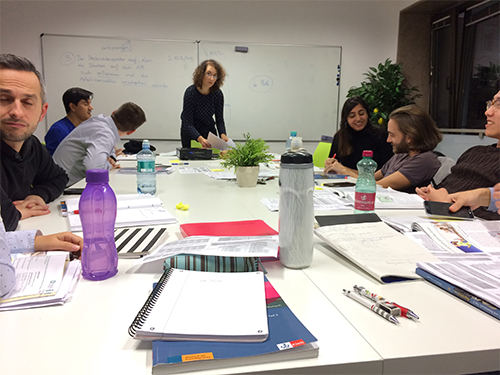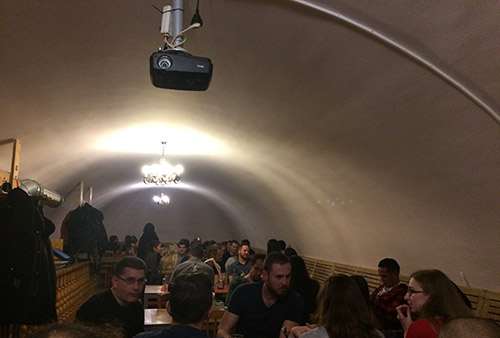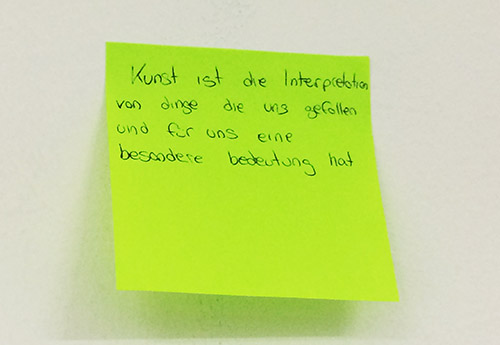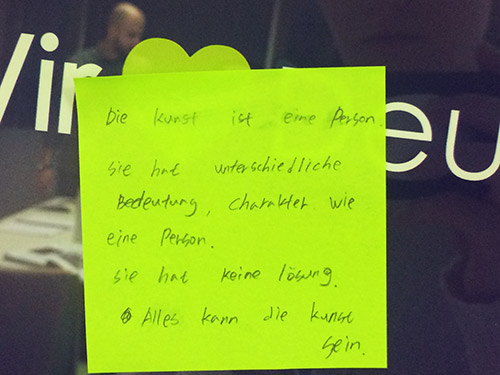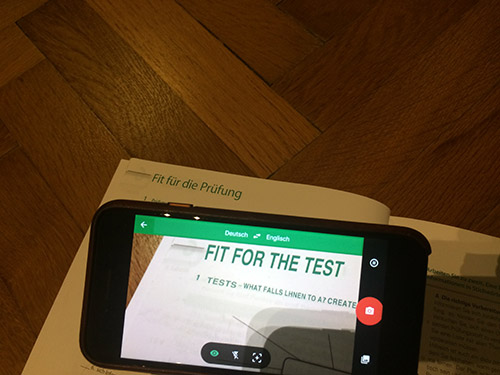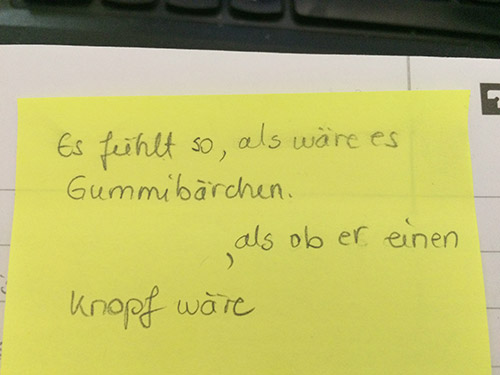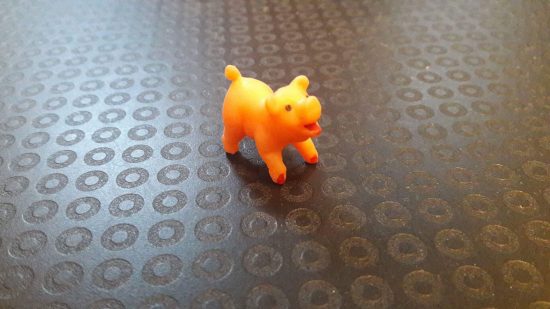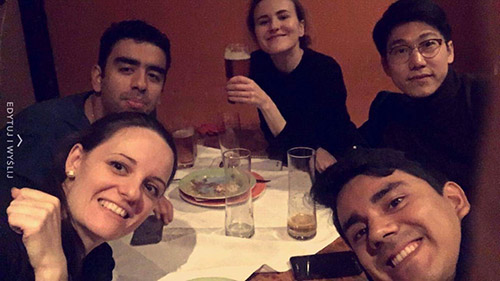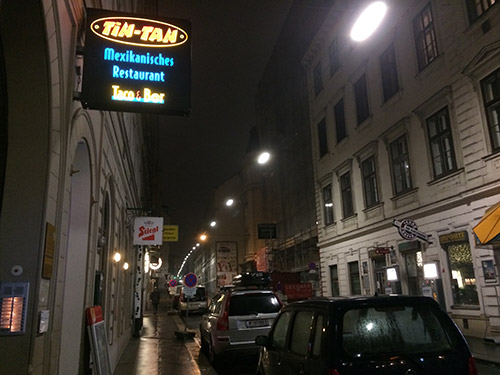Me gusta mucho Viena, las diversas áreas para recorrer y visitar. Como Donauinsel, Kahlenberg, Schönbrunn, Museumsquartier y Türkenschanzpark y otros lugares muy lindos e interesantes que he conocido y me faltan por conocer.
Estoy muy impresionado del área en el Donauinsel. Un grande y lindo lugar donde puedes visitar para deporte. Como nadar, patinar, fútbol, montar bicicleta, conocer los diversos bares con diferetes culturas y comidas a las orillas del río con una muy linda vista.
Austria es un país tan lindo que no puedes tener un solo lugar preferido y por eso tengo muchísimos lugares preferidos dentro y fuera de Viena.
Unos de los preferidos lugares en Viena es el Donauinsel por las variedades de cosas que puedes ver, visitar o hacer. Y a las afuera de Viena, el lindo campo en verano y las montañas con tan buena y hermosa vista.
Gracias una ves mas a DeutschAkademeie por permitirme estudiar en sus instalaciones para conocer este idioma y poder comunicarme con las personas de este país…

